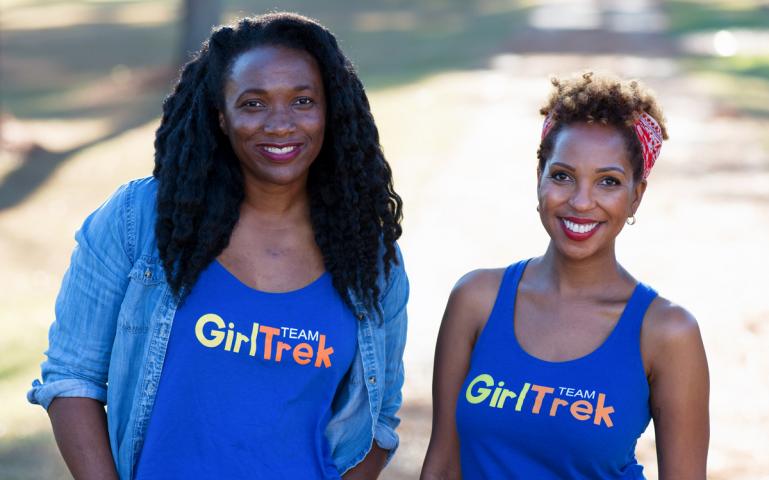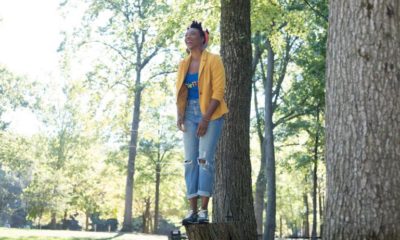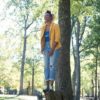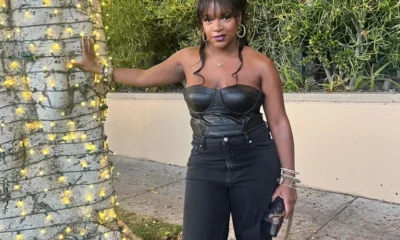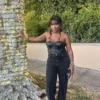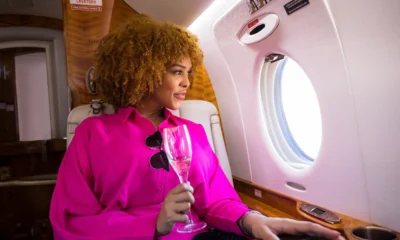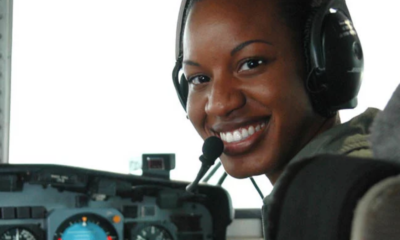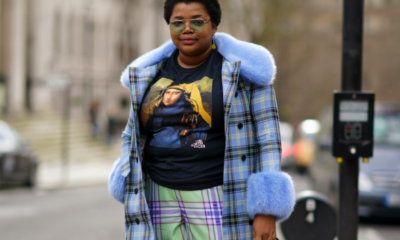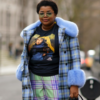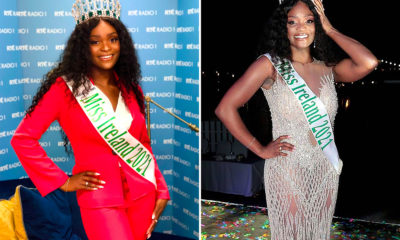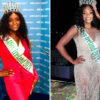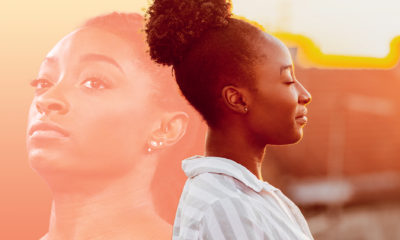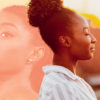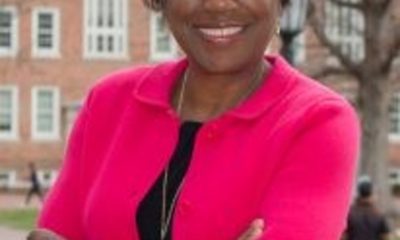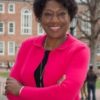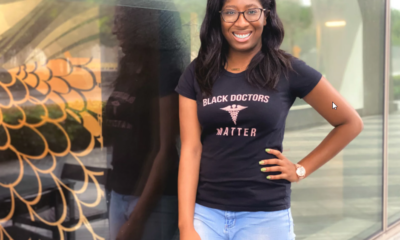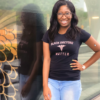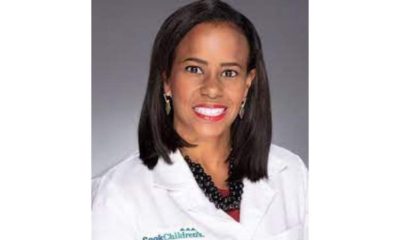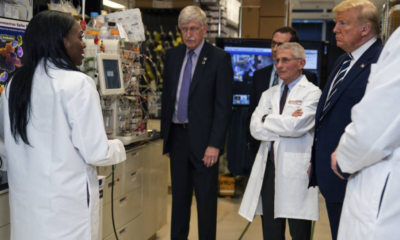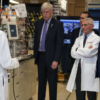Beauty and Health
When Black Women Walk, Things Change
Morgan Dixon talks walking, radical self-care, and Harriet Tubman
“Caring for myself is not self-indulgence,” wrote Audre Lorde. “It is self-preservation.” Lorde was speaking to a problem that has particular weight for African American women—because they are so often expected to take care of other people in a culture that gives them few resources to do so, they suffer disproportionately from stress-related diseases.
More than a decade ago, two college friends, Morgan Dixon and Vanessa Garrison, made a compact to take care of themselves and to protect each other from these pitfalls. Over time, that compact widened to include thousands of women and became GirlTrek, the largest nonprofit focused on the health of black women in the country.
We featured a short profile of Morgan Dixon in our March/April 2018 print magazine. Here is the extended interview.
Sierra: When you were growing up, what was your relationship to health and fitness?
Morgan Dixon: We didn’t call it health and fitness, but I played outside every day. My family went to the roller skating rink. My mom walked to work. We played kickball at our family reunion. We just didn’t call it exercise.
Do you feel lucky that this was modeled for you, even if it wasn’t labeled in that way?
No, I think it’s generational. I would argue that most of my friends and family, and most of the women I know regardless of race or income led just a more active life 30 years ago. I attribute that to lifestyle shifts in America in general. Since then we’ve had incredible shifts in culture due to policy change, due to work expectations and because of economic inequality. I think people are working more. I think families are broken for a lot of reasons, institutional and otherwise. I think our families are different and our communities are different.
How did you meet Vanessa?
She was at UCLA and I was at the University of Southern California—USC. We were both the first person in our families to graduate from a university. We had to work full-time, so we were working at an investment banking firm in Century City, which is kind of like downtown Beverly Hills. I think we were there 10 A.M. to 8 P.M. every day, then went to school before 10 A.M. and on the weekends.
So you guys were busy.
Yep, yep, yep. We bonded quickly because we needed friendship and support. And we had lots in common. Like we both like Tupac. We both like Nikki Giovanni poems.
We both went to school in California and then decided to move to Atlanta because we were cool. Vanessa went to Atlanta to work for the record label SoSo Def. I taught at South Atlanta High School for Teach for America.
But the first job I had in Atlanta wasn’t Teach for America. It was as a park ranger at the [Martin Luther] King Center. I did tours of his birth home, on his block where he grew up, in his father’s church where he preached. I had the total head-to-toe like green hat and everything—buckle, shoes—everything ranger.
What was that like?
It was not the way to catch your husband. But it was fantastic. I joke with my mom that she must have really prayed because my job every day was to sit in Ebenezer Baptist Church and hear Dr. King’s sermons play over and over through a crackly speaker. I was like, “What did you do, Mom? Why is my job sitting at church?”
It’s sad because our national parks—particularly our urban parks—are not always visited in the way they should be. So I would have a lot of down time with Dr. King.
Did that have an impact on you?
Of course it did. I don’t know anyone who can sit in Ebenezer Baptist Church where Dr. King preached and listen to his voice day in and day out and not be affected by it. We call our training The Mountaintop, because I’ve heard the Mountaintop speech no less than 375,000 times. So we take women to Rocky Mountain National Park, with the YMCA. We take them on sometimes their first really serious hike, up to an alpine lake as a kind of training ground—a couple of days of training, but we call that whole experience “The Mountaintop.” That no doubt has to do with that. But I was already interested in civil rights and movement building. I was a girl scout until I was in the 12th …
Read More- When Black Women Walk, Things Change



